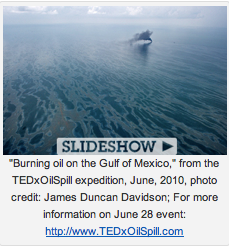Eduardo Jezierski: The iLab as a concept came from a “melding of minds” across technology and social work. My background is in technology, while our CEO, Dr. Dennis Israelski, has dedicated his career to working on global public health issues, mostly in Africa and China. Although these two domains—technology design and public health—would seem to be quite different, we discovered they share quite a bit in common.
For both, it is important to constantly adapt to changing situations and to embrace iteration. It is a very different proposition from, say, building a car, where you’ve got a standardized set of processes to create a commodity product. Traditional post-industrial organizational styles and practices simply don’t apply. Our shared goal is to push the design frontiers in tech to improve health, safety and development in low-income settings—and to make sure the improvements are real and measurable and driven locally.
We began by defining the characteristics of projects that have had long-term impact:
- Open spaces, neutral “commons”
- Agile planning and strong field work
- Collaborative culture
- Local ownership
- Sustainability through concrete business plans
- A culture of designing for the end user, (which might be a patient)
We saw that the most innovative outcomes tended to draw from a combination of these elements. Clearly, our next step was to create a place that would provide all of these “fertile soil” characteristics for socio-technical work: an innovation lab or “iLab.”
Ironically, I am not a big fan of the word “innovation.” It has become so cliche and evokes so many wrong concepts about how things happen (e.g., the genius character, the epiphany moment, the romantic tale of invention). If you are really interested in innovation as a concept, I strongly recommend reading Scott Berkun’s book, The Myths of Innovation.
The iLab is a place that nurtures innovation, not as a goal, but as a part of the process of doing great work in technology for social good.
________________________________________



















